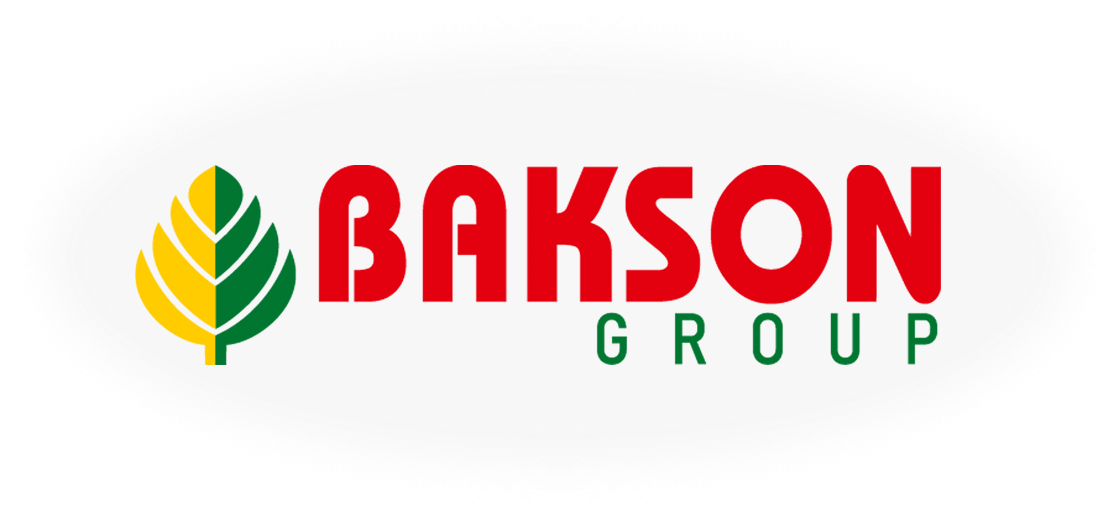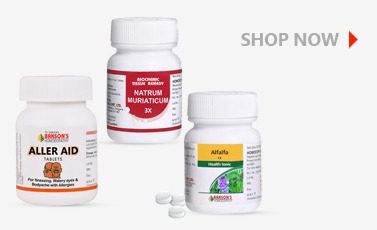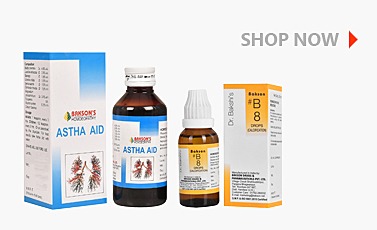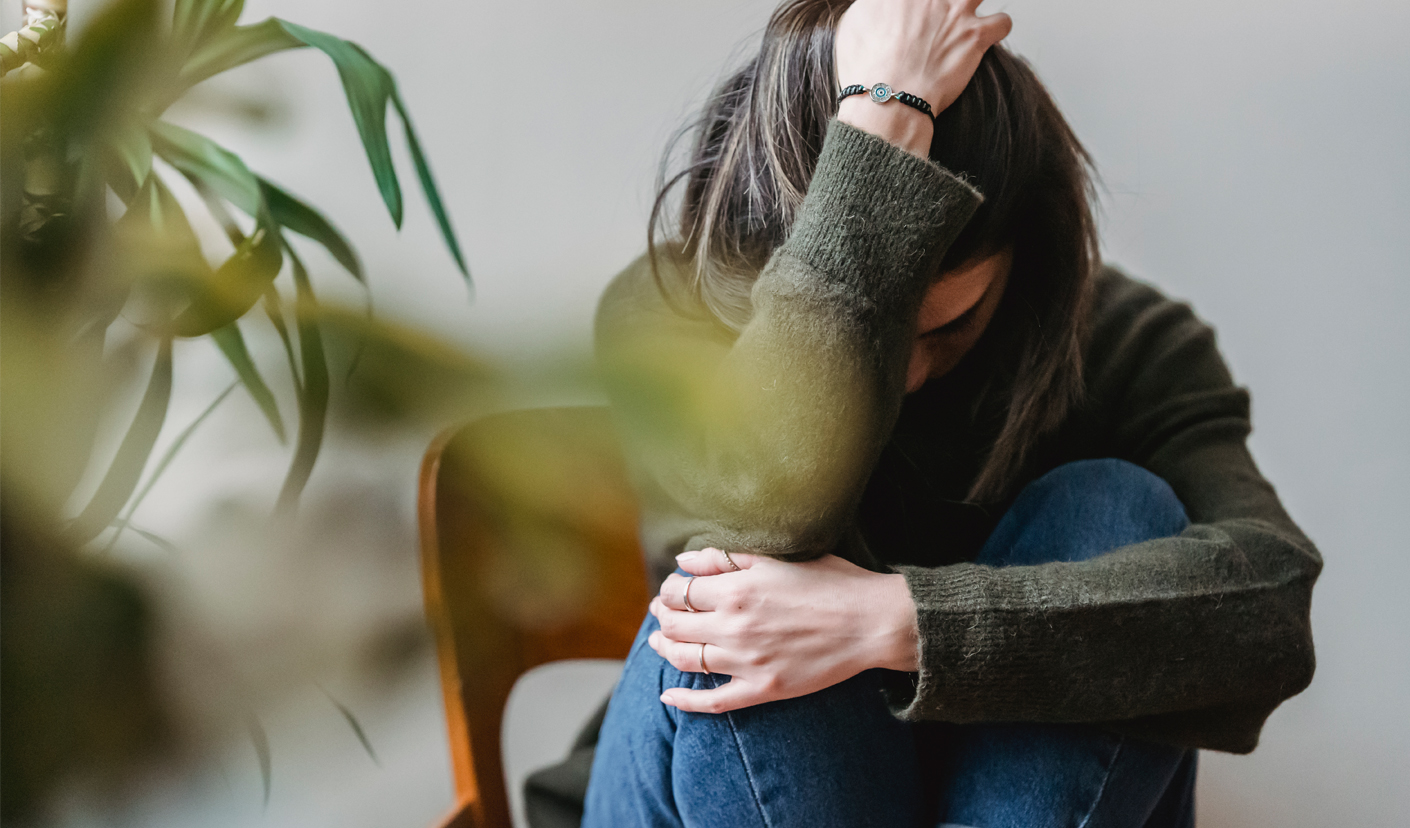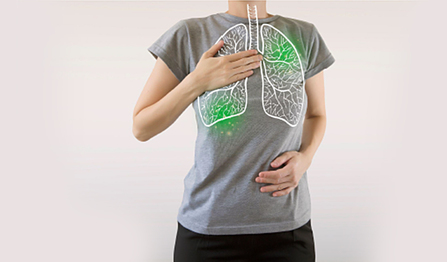We use cookies to make your experience better. To comply with the new e-Privacy directive, we need to ask for your consent to set the cookies. Learn more.
Do you know how oxygen is absorbed from the lungs and carried to your cells in the body? The answer is through your bloodstream with the help of hemoglobin, which is a protein that forms part of your red blood cells.
Keeping track of the amount of iron in your blood is important to ensure that you have a healthy amount of hemoglobin red blood cells to carry oxygen to the other cells in your body. Iron is an important mineral that is used to make hemoglobin in your body.
Like all minerals, iron should be included in your diet so that you get the required amount to keep your body fit and in fine condition. In this article we will take a look at some interesting facts about iron, how much of it you should include in your diet and foods that are rich in iron. We will also uncover the symptoms of iron deficiency, tell you what you can do to increase the level of iron in your blood, and how to increase iron absorption if you're suffering from iron deficiency.
Interesting facts about Iron
Did you know that babies are born with a 6 months reserve of iron in their body? This means that babies do not need as much iron as compared to children and adults during the first 6 months of their life.
There are two types of iron that your body requires; heme and nonheme iron. Non-heme iron is found in your vegetarian diet, and heme iron is found in the non vegetarian diet like meat and seafood.
The need for iron is not limited to your blood and cells. Iron is also an important mineral used for producing a number of hormones and enzymes. Iron is important for building a strong immune system that fights off germs and diseases. For pregnant women, some of the iron that they consume is transferred to the fetus and is linked to brain and muscle development.
As you can see, the role of iron in the human body affects the overall health. Not having enough iron in your body leads to a deficiency which is known as iron deficiency anemia. In the next section of this article we will be discussing the effects of iron deficiency and how to know if you suffer from it.
What is iron deficiency?
Iron deficiency arises when your body does not receive enough iron from your diet, or if your body is unable to absorb the iron that is in your nutrition. Many people suffer from the symptoms of iron deficiency for many years without knowing the cause. These everyday symptoms may seem trivial at first, but if iron deficiency is not recognized and managed it may cause long term complications in your health.
What are the symptoms of iron deficiency?
As mentioned earlier, the symptoms of iron deficiency may seem mild, but once you are able to ascertain the reasons behind it, you can immediately increase the level of iron in your diet with iron rich foods and supplements.
Some of the symptoms of iron deficiency are:
- Fatigue and weakness that experience all through the day
- An inability to exert oneself during exercise or during strenuous activities like running
- Shortness of breath and feeling like you are not able to absorb enough oxygen while breathing.
- Rapid heartbeat that rises even during light activity
- Yellowish skin that is pale
- Brittle nails and dry hair
- Having a low threshold to bare cold weather and sensitivity to low temperature
- Confusion, feeling light headed and having loss of concentration often
If you suffer from these symptoms or have been feeling this way for a prolonged period of time it is recommended that you visit your doctor for a blood test to check the amount of iron in your blood. The blood test for Iron deficiency is known as CBC or complete blood count. By checking the results of this test the doctor will know the count of your red blood cells and if you are suffering from iron deficiency. In the case that you suffer from iron deficiency, your doctor will suggest a supplement that you can add to your diet. Bakson Ferrum Plus capsules is a great example of such. It is rich in iron, alongside other minerals like phosphates and calcium and ensures that your body receives the adequate amount of such minerals everyday.
Having too less iron in your blood causes Iron deficiency anemia
Iron deficiency anemia is the most common type of anemia that affects people of all ages. It is a nutritional deficiency that can have you feeling weak and light headed all through the day. What causes iron deficiency and who are the people who have the highest risk of developing iron deficiency anemia?
- Menstruating women who suffer from heavy blood loss during periods.
- Pregnant women who have a higher requirement of iron.
- People who are undergoing kidney dialysis treatment also have a higher risk of anemia as it affects the absorption of iron in the human body.
- Vegetarians only receive one kind of iron (Non heme iron) and need more iron rich foods and supplements in their diet.
- Elderly people who suffer from chronic diseases are also at risk of developing iron deficiency.
- Endurance athletes like marathon runners, swimmers and cyclists break down blood cells faster and require more iron in their diet.
What to do if you suffer from Iron deficiency?
If you feel that you identify with some of the symptoms of iron deficiency after reading this article, there are two things that you can do to return your body back to perfect health.
The first is that you can include more iron in your diet by eating diet rich foods. Remember that if you are vegetarian you need to consume more foods that have higher traces of iron to supplement your diet. Also, Iron absorption is increased by consuming foods that are rich in glucose, fructose and vitamin C.
Vegetarian foods that are rich in iron are:
- Beans, peas and lentils
- Tofu, paneer, soya beans, chickpeas and blackeyed peas
- Nuts and seeds like pumpkin seeds, sesame seeds and flax seeds
- All leafy greens like spinach, kale and beet greens
- Tomatoes, potatoes and mushrooms
Non vegetarian that are rich in iron:
- Chicken breast, liver and red meat like mutton
- Eggs and seafood are also rich in iron
Increasing the amount of above foods that you consume can help combat iron deficiency anemia on a daily basis. If you want to ensure that your body is receiving enough iron you can also rely on iron supplements that are natural and have no side effects.
Homeopathic iron supplements
Homeopathy is a great option for recovery if you suffer from iron deficiency. Soon after adding a homeopathic supplement to your health you will feel the symptoms of iron deficiency like weakness and shortness of breath fade away.
Bakson Ferrum Plus capsules is a great supplement for people who have health complications in absorbing iron. It fulfills your daily requirement of Iron in one easy to swallow capsule. Apart from dietary iron, it is also rich in Folic Acid, Vitamin B12 and phosphates which are good for the metabolism, blood cells and nerve cells. The iron in Bakson Ferrum Plus improves iron deficiencies and anemic conditions.
We hope that after reading this article you are now more aware of the importance of iron in your blood and do not ignore it in your diet for a healthier life.
